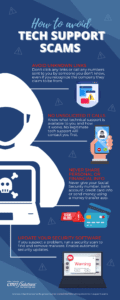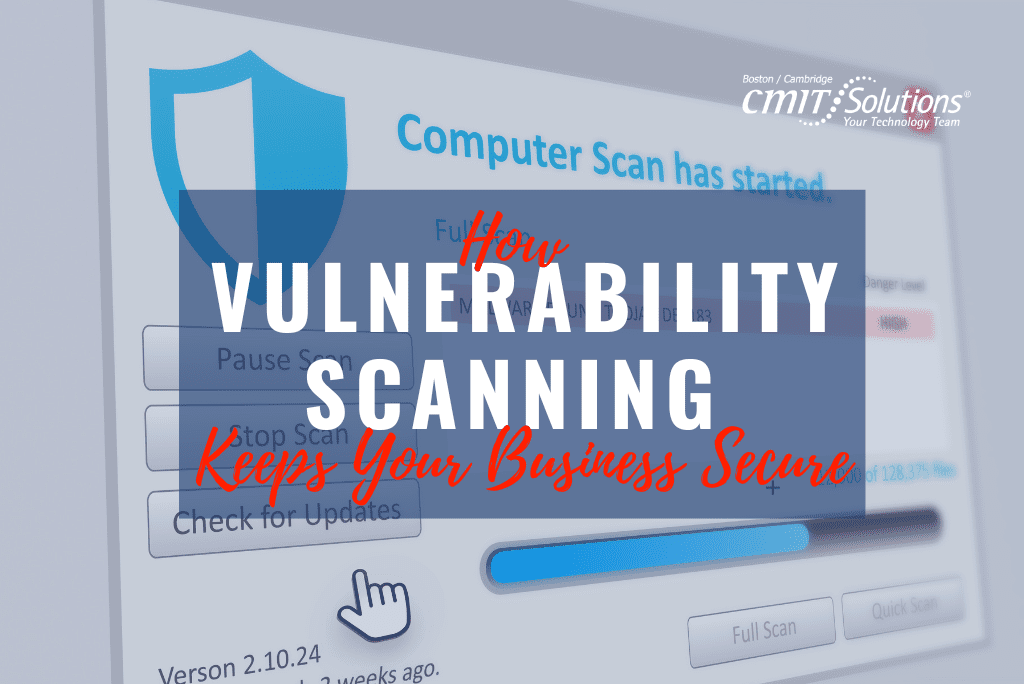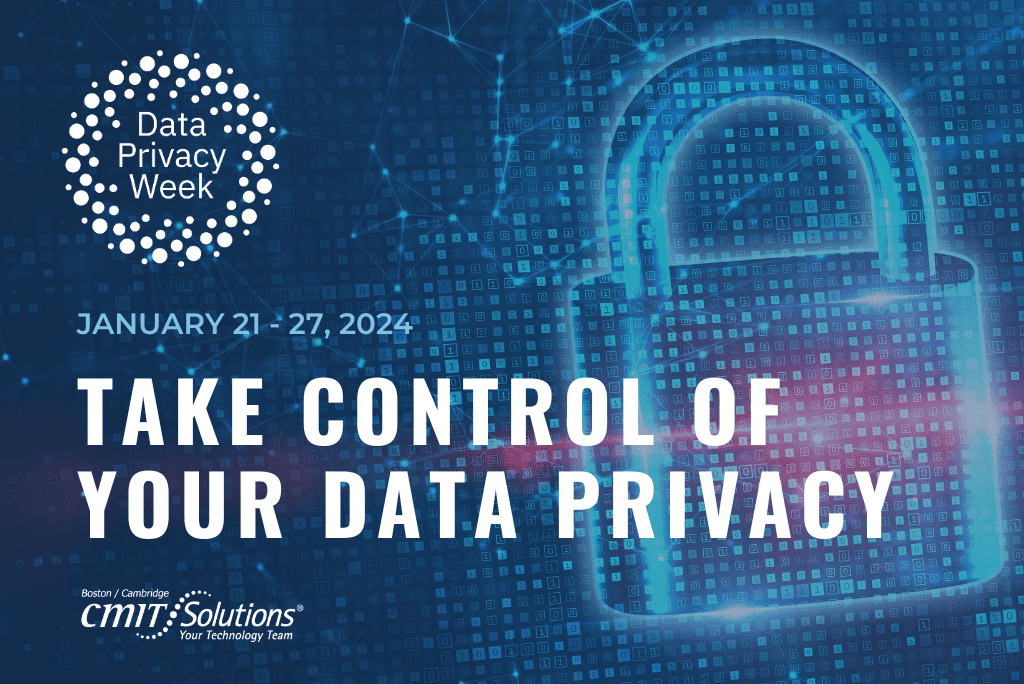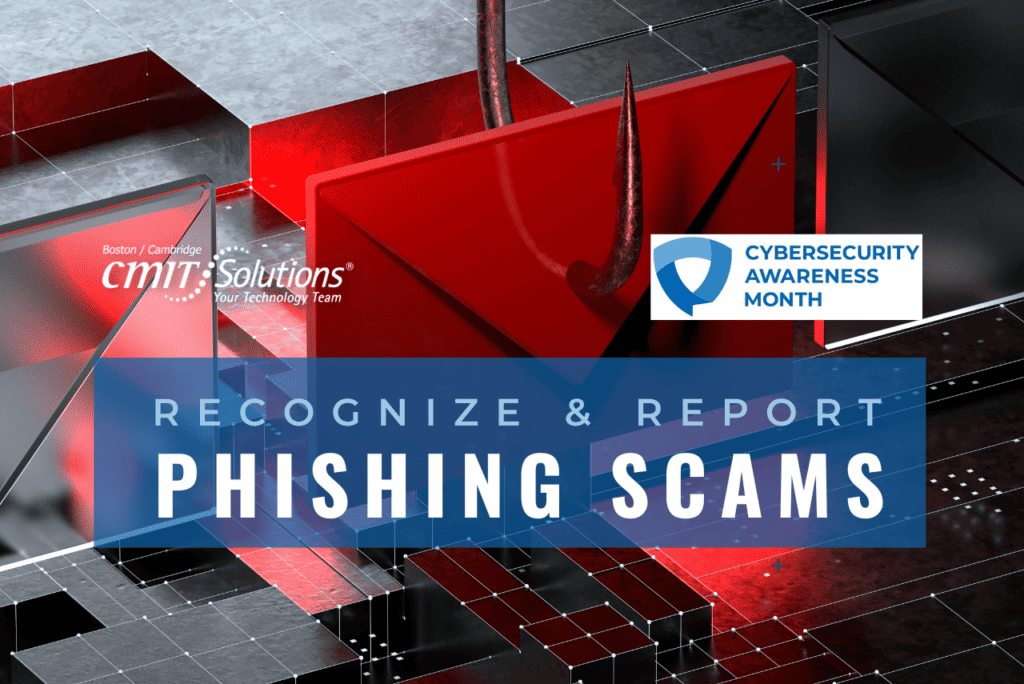Identifying Tech Support Scams
If you haven’t experienced a tech support scam yet, chances are you know someone who has. In 2021, losses from tech support scams increased by 127 percent. They are a type of imposter scam, when a scammer pretends to be someone you trust to send them money. A tech support scammer uses a variety of phishing, vishing and smishing tactics via phone call, voice message, email, or pop-up browsers to trick you into believing there is an urgent problem with your device that can be quickly fixed for a fee. Tech support scammers earn their name by posing as support staff from legitimate companies. Their high pressure scare tactics can be extremely convincing that there is a serious issue with your device.
HOW TO AVOID TECH SUPPORT SCAMS
Many attacks start with annoying pop-up windows that are difficult to ignore and move on to more personalized tactics such as manipulating your cursor. Their end goal is to gain access to your personal data or render your device useless to get money from you. Here’s what the FTC suggests you can do to avoid tech support scams:
TECH SUPPORT YOU CAN TRUST
The best way to avoid tech support scams is by knowing what technical support is available to you and understanding how it works. No legitimate tech support will ever contact you without you contacting them first. Luckily, our cybersecurity solutions proactively block fake websites set up by tech support scammers. If you come across a website that seems malicious you can report it to our Help Desk team.
Remember, if you ever need technical support from CMIT, please contact us directly at 781-350-3438. From all of us here at CMIT Boston Cambridge, stay safe both online and off.
Written by: Chris Zambuto | Chief Information Security Officer @CMITBostonCambridge






